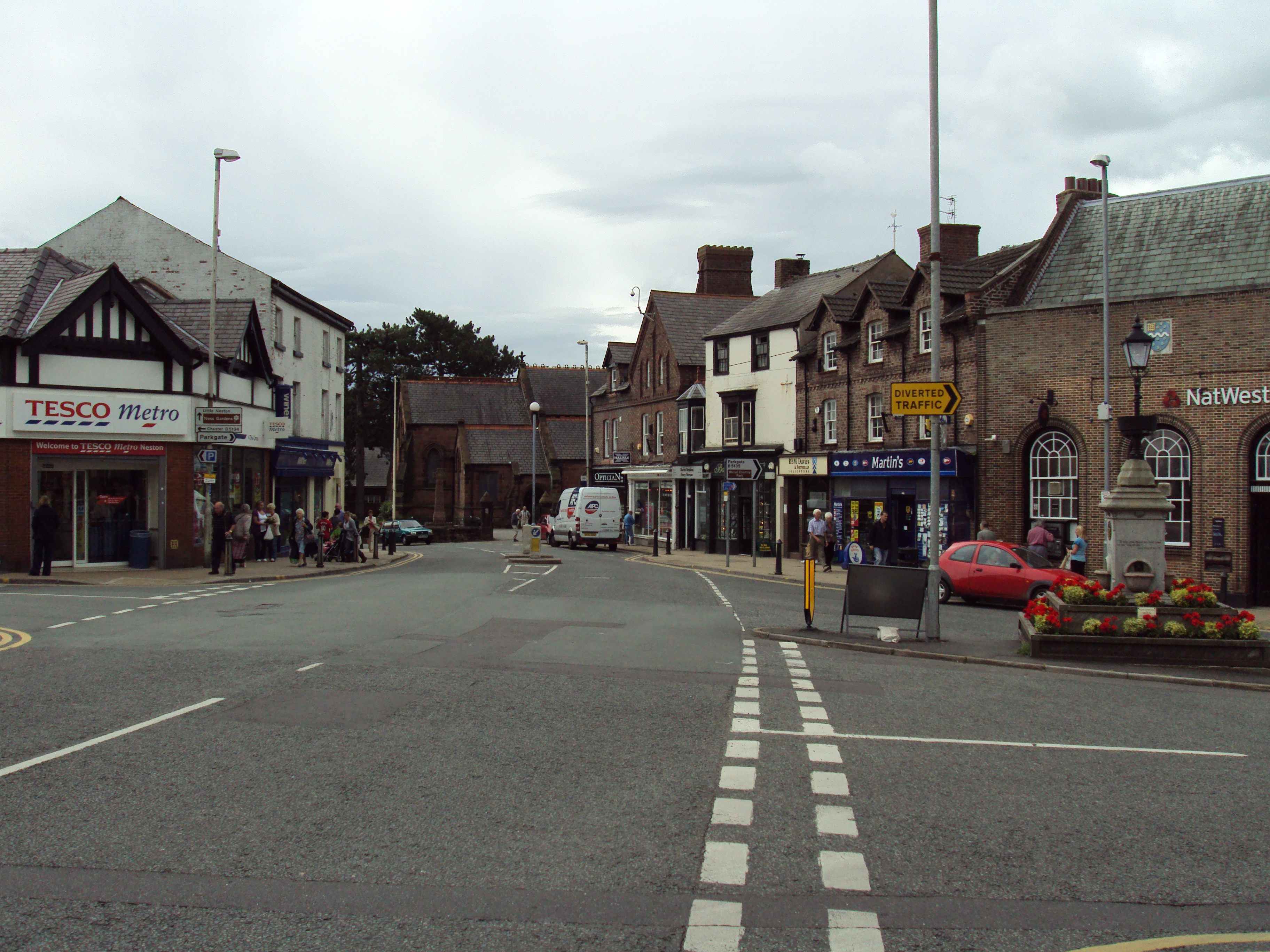Britain is filled with barren streets, boarded-up windows and decaying shop fronts; it’s a sight that wouldn’t look out of place in a Walking Dead episode. As our town centres – once the civic heartbeats of our communities – gradually flatline, these apocalyptic scenes are becoming increasingly common with each year.
Toys-R-Us: bankrupt. Maplin: shut down. Mothercare: widespread closures. Years ago, the idea of these one-time retail juggernauts facing such devastating demises was unthinkable. Yet, more and more well-known brands are disappearing as according to the Centre for Retail Research, more than 11,000 major high street outlets have gone bust since 2008 with almost 2,000 retail stores have closed in 2018 – the highest for five years. So why is the hollowed out high street becoming a shell of its former self?
Firstly, the 2007-8 financial was a damaging blow, squeezing the incomes of many a shopper. Likewise, the meteoric rise of the internet caused a colossal shift from bricks-and-mortar retailing to online shopping, sharply curtailing the footfall in town centres with one in four clothing sales now taking place on the web. Add a pinch of stagnating wages, rising living costs and stifling business rates and you have a retail recipe for disaster.
Then again, what reason do people have to leave the comfort of their own homes? Our shopping hubs are now identikit, each one nothing more than a copy-and-paste clone of another. What was once an exciting trip to town, a glimpse at a locale’s distinctive character, is now a bland and banal slog through a myriad of homogenised chain-store hell holes. A retail environment to be proud of can really bolster a place’s morale by strengthening its sense of identity but these indistinguishable deserted streets feel like a visual indication of failure for most locals.
Although, amid this rather bleak outlook is a shred of hope found in an unlikely corner of Kent. Ashford Borough Council has seen success after acquiring Park Mall and turning it from a derelict 80s precinct into a shining example of the high street fight-back with footfall soaring by twenty-seven
This aside, all the talk about money, budgets, and numbers still feels rather clinical and detached. Continuing to see people as solely walking wallets creates these soulless revenue streams instead of public spaces with spirit and vigour. The crux of the matter is that people are searching for a broader social experience, not just a transactional one. Stockton town centre seems to be one of the few places in the country that understands this need for a civic rethink with its blend of marketing-savvy retailers and events ran by and for the local people. Programmes of events ranging from arts and performance, charity fundraisers and even a car show run throughout the year and shops offer activities – classes in potter or sewing for example – alongside locally-sourced ethical products. By using their imaginations, the proactive local council has prevented Stockton from the tragic decline faced by so many other towns and given its people a place to be proud of.
What we need are high-quality local politicians with the ability to think creatively and champion collectivity. Ideas for cash-free spaces like communal craft workshops, second-hand libraries and informal public living rooms would make town centres accessible for all regardless of income and would remove the capitalist barrier that prevents communities from flourishing together. Now our society is more detached and fragmented than ever, we need initiatives like this to help heal the wounds that have divided us.
Clinging to a sentimental vision of
Image: Wikipedia Commons.

